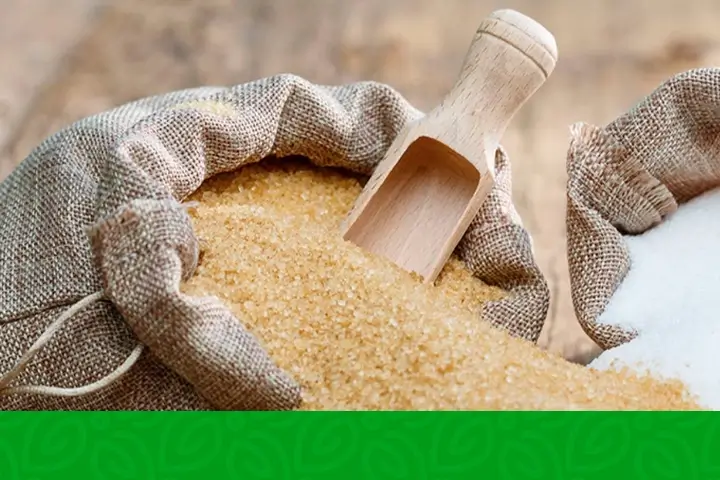
In a nation where sugar is a cherished kitchen staple, a crisis has unfolded. The soaring prices of sugar have sent shockwaves through households, with kilogram prices hitting unprecedented highs between Sh225 and Sh250. As Kenya grapples with this alarming sugar shortage, the Kenya Bureau of Standards (KEBS) has stepped in with a formidable plan. Unveiling rigorous regulations on August 9, 2023, KEBS aims to restore order to the sugar market, fortify domestic production, and shield consumers from exploitation.
The Sugar Scarcity Saga:
The backdrop to KEBS’ decisive action is a saga of sugar scarcity that has burdened Kenyan households. Faced with the alarming price surge, the Cabinet recently extended the duty-free import of sugar. This was a lifeline aimed at easing the nation’s sugar woes.
KEBS’ Regulatory Arsenal:
But KEBS is not leaving anything to chance. They have introduced a comprehensive set of rules that govern sugar imports under the duty-free initiative. These rules, meticulously designed, are twofold in purpose: to ensure imported sugar meets stringent quality standards and to thwart unscrupulous traders’ profiteering endeavors.
Stringent Quality Assurance:
Under the new regulations, all imported sugar backed by Certificates of Conformity (CoCs) will face mandatory re-inspection and testing at the port of entry. Crucially, this process comes at no extra cost to the importer. It’s a safeguard that assures consumers of quality.
Transparency in Inspection:
KEBS ensures transparency by conducting sampling in the presence of the importer or their appointed agent. Stringent tests are then conducted to verify compliance with standards that leave no room for compromise.
Inspecting the Uninspected:
For sugar shipments from countries where KEBS has designated inspection companies but lack CoCs, inspection upon arrival is non-negotiable. Importers will be liable to pay an inspection fee equivalent to five percent of the approved customs value. It’s a firm stance that demands compliance.
Destination Inspection:
In regions where no KEBS-contracted inspection agents are available, imported sugar will undergo destination inspection. Importers in these areas will be subject to an inspection fee equivalent to 0.6 percent of the approved customs value, alongside any applicable testing fees.
The Sugar Industry Struggle:
The Kenyan sugar industry has not been spared from challenges. A shortage of sugarcane prompted the Agriculture and Food Authority to suspend sugar milling operations in July. The Western region, a prominent sugarcane producer, is reeling under the impact, with over 300,000 farmers supplying sugarcane to various mills. However, a majority of this sugarcane comes from out-growers, exacerbating the crisis.
Capacity Underutilization:
Despite 16 sugar mills in the country boasting a combined daily processing capacity of 51,450 tonnes of cane, capacity utilization lags at just around 56 percent, according to Agriculture Ministry projections.
A Ray of Hope:
In this turmoil, KEBS’ stringent regulations offer a ray of hope. By ensuring that imported sugar meets uncompromising quality standards, these regulations aim to alleviate the immediate sugar supply crisis. In doing so, they provide much-needed relief to consumers who have been grappling with skyrocketing sugar prices.
Conclusion: KEBS’ Commitment to Quality and Fairness:
In the face of adversity, KEBS has risen to the occasion, determined to safeguard the interests of both consumers and the sugar industry. With these robust regulations, they send a clear message: quality matters, and fairness in trade is non-negotiable. As the nation awaits the arrival of substantial sugar consignments under the duty-free import initiative, KEBS’ commitment to stringent quality control promises to restore balance in the sugar market. In the heart of Kenya’s sugar crisis, KEBS stands as a beacon of hope, ensuring that sweet relief is on the horizon for all.
Stay updated with the latest farming tips and agriculture industry news from Africa by subscribing to our newsletter. Don’t miss out on valuable insights and updates. Follow us on Twitter, LinkedIn, and Facebook to join our farming community and stay connected with us.



















